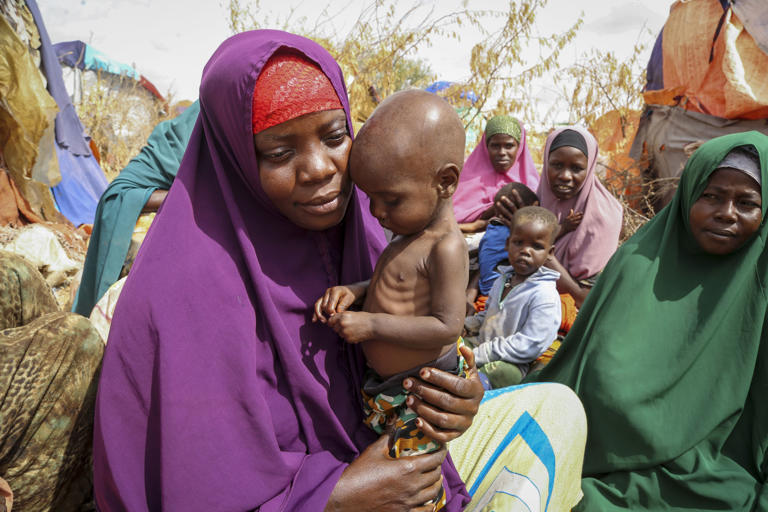In the wake of the COVID-19 pandemic, the world is witnessing a stark divergence in recovery trajectories, with many countries experiencing economic resurgence while the poorest nations continue to grapple with worsening conditions. A recent report from the United Nations Development Program UNDP underscores the troubling reality that, despite overall progress, a significant portion of the global population is being left behind, exacerbating existing inequalities and threatening long-term stability.
The UNDP’s Human Development Index, a key indicator of development progress, is projected to reach record highs in 2023 after the setbacks of the pandemic years. However, this positive trend belies a harsh truth: development in half of the world’s poorest countries remains below pre-pandemic levels, signaling a widening gap between the haves and the have-nots.
Achim Steiner, head of the UNDP, sounded the alarm, emphasizing that the divergence in development trajectories is not just a statistical anomaly but a reflection of deep-rooted systemic disparities. “It’s a rich person’s versus a poor person’s world,” Steiner remarked, highlighting the disproportionate impact of economic inequalities on vulnerable populations.
The report paints a troubling picture of economic concentration, with a significant portion of global trade and wealth controlled by a handful of nations and corporations. Nearly 40% of global trade in goods is concentrated in just three countries, while the stock market value of tech giants like Amazon, Apple, and Microsoft surpasses the GDP of the majority of UN member nations.
At the heart of these disparities lies a fundamental challenge: the failure to address systemic inequalities and foster inclusive growth. Despite widespread support for democracy, the emergence of populism and anti-elite sentiment threatens to undermine international cooperation and exacerbate divisions within societies.
Steiner warns of a “democracy paradox,” wherein support for democratic principles coexists with growing disillusionment with political leadership and institutions. This trend, he cautions, poses a significant obstacle to collective action on pressing global challenges such as climate change, pandemics, and the digital revolution.
In response to these sobering realities, the UNDP calls for a renewed commitment to equitable recovery and collective action. Steiner emphasizes the urgency of addressing the root causes of inequality, calling for greater investment in social protection, education, and healthcare to ensure that no one is left behind.
Furthermore, the report underscores the need for inclusive governance structures that empower marginalized communities and promote transparent, accountable decision-making. Only through concerted efforts to address structural inequalities and promote inclusive growth can the international community hope to build a more resilient and sustainable future for all.
As the world grapples with the ongoing challenges of the pandemic and its aftermath, the UNDP’s report serves as a timely reminder of the imperative to prioritize equity and solidarity in the pursuit of global development. By working together to bridge divides and empower the most vulnerable among us, we can build a more just and prosperous world for future generations.
